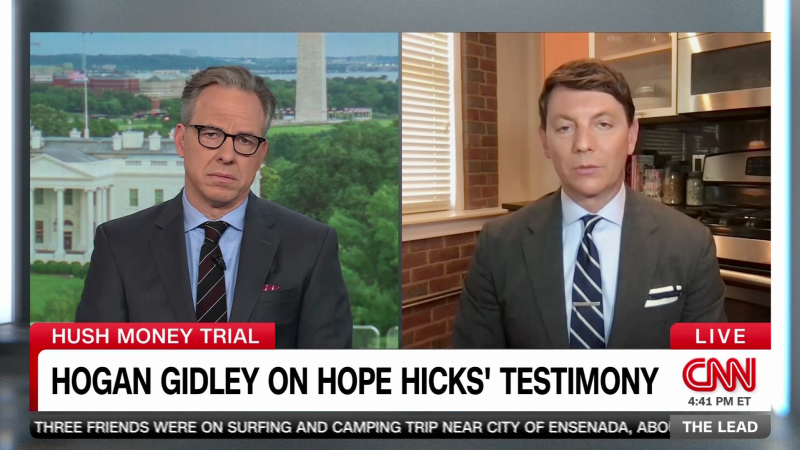Having too little money in your checking account can be a problem, but so can having too much. Your checking account balance should be large enough to cover your monthly bills with a buffer to avoid overdraft fees and cover unexpected expenses.
But keeping too much money in your checking account could mean missing out on the potential to earn higher returns with savings or investment accounts. Learn how to hit the right balance on your checking account.
Risks of Having Too Little in Your Checking Account
Not having enough money in your checking account could lead to overdrafts, bounced checks and fees. You could also damage your credit score if an insufficient balance causes you to miss payments. If you don’t have enough funds in your checking account to cover a transaction, your bank may charge you an overdraft fee, which can cost $35 or more and quickly add up if you have multiple transactions that exceed your account balance.
“The biggest risk of not having enough funds in your checking account is not having enough funds to pay your bills,” says John Schmoll, founder of the personal finance website Frugal Rules. “This will result in overdrawing your checking account and incurring insufficient fund fees, not to mention other potential fees.”
If you write a check or authorize a payment that exceeds your available funds, the check or payment will bounce, and you could face additional fees from both your bank and the payee.
You should also consider the minimum required balance to keep in the account to avoid a monthly service or maintenance fee, says money coach and educator Ohan Kayikchyan, a certified financial planner. Some banks will waive the fee if you have a recurring direct deposit or a certain number of debit card transactions.
Risks of Having Too Much in Your Checking Account
While you need enough money in your checking account to cover your expenses, having too much money sitting idle in your account is also not ideal.
“Having a lot in your checking account may offer you a sense of peace,” Schmoll says. “However, having too much results in you having dead money that could serve you better earning interest in your savings account, or even growing in an investment account.”
How much is too much or too little to have in your checking account? According to the latest Federal Reserve Board Survey of Consumer Finances from 2019, the average checking account balance was $10,545, though U.S. households’ median checking account balance was $3,400. But it doesn’t matter what other people are doing – the amount you should keep in your checking account depends on your budget.
How Much Should You Keep in Savings?
Using a savings account to stash cash you don’t need for everyday expenses is a good idea because savings accounts can earn interest you might not get from a checking account. A high-yield savings account can offer additional interest earnings.
A savings account keeps funds accessible while earning interest. But once you have enough in your savings account to cover about six months worth of emergency expenses and other short-term savings goals, it may make sense to put funds into investments to earn a higher return.
A Budget Can Tell You How Much to Keep in Checking
Using a budget helps you understand your income and expenses and decide how much money you need to keep in your checking account. Examine your income and expenses for the past few months, then use this information to determine how much money you need to keep in your checking account.
Start by identifying your fixed expenses, such as rent or mortgage payments, utilities and car payments. Next, consider your variable expenses, such as groceries, entertainment and clothing. Add both up to see how much money you need to keep in your checking account each month to cover your expenses and avoid overdraft fees.
Kayikchyan suggests using two checking accounts: one for fixed expenses and another for variable expenses. “By having two accounts for fixed and variable expenses,” he says, “you can automate your fixed bills and make your life easier.”





More News
You Might Want to Pay $550 for This Credit Card
What You Should Know About Financing Appliances
Should You Let AI Manage Your Retirement Plan?